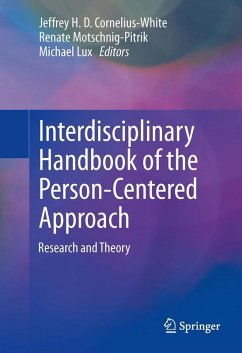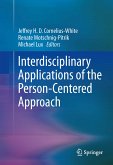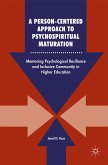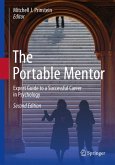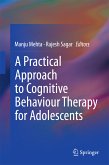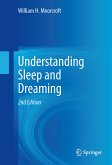The legacy of Carl Rogers endures in humanistic approaches to psychology, education, human development, communication, and spirituality. His Person-Centered Approach (PCA) promotes the evolution of the human organism and relationships, which lends itself to rewarding partnerships with a variety of scientific and philosophical theories.
The Interdisciplinary Handbook of the Person-Centered Approach examines these connections for a deeper understanding of how-and why-this humanistic approach works in client-centered psychotherapy and beyond. Chapters link key constructs of the PCA to research and theory in a variety of fields to bring new significance to self-determination, interpersonal relationships, human attachment, social neuroscience and other related fields. Taken together, this research and theory unites the sciences and the humanities, and the objective with the subjective, to arrive at a clearer picture of the complete, authentic person. A companion volume on applications will demonstrate these connections in practice across various fields for further insights into the utility of the approach. Interdisciplinary collaborations featured in the book link the PCA with:
Cognitive and neuroscience
Mindfulness and meditation
Developmental relating
Positive psychology
Systems theory
Game theory, theory of science, and philosophy
Spirituality, religion, and ethics
The Interdisciplinary Handbook of the Person-Centered Approach: Research and Theory will benefit researchers and practitioners who want to deepen their understanding and practice. Its usefulness to researchers and students crosses a variety of sciences, such as psychology, neuroscience, therapy, education, communication, and medicine. A unique feature of the book are concept maps that may inspire further interdisciplinary connections across many fields.
The Interdisciplinary Handbook of the Person-Centered Approach examines these connections for a deeper understanding of how-and why-this humanistic approach works in client-centered psychotherapy and beyond. Chapters link key constructs of the PCA to research and theory in a variety of fields to bring new significance to self-determination, interpersonal relationships, human attachment, social neuroscience and other related fields. Taken together, this research and theory unites the sciences and the humanities, and the objective with the subjective, to arrive at a clearer picture of the complete, authentic person. A companion volume on applications will demonstrate these connections in practice across various fields for further insights into the utility of the approach. Interdisciplinary collaborations featured in the book link the PCA with:
Cognitive and neuroscience
Mindfulness and meditation
Developmental relating
Positive psychology
Systems theory
Game theory, theory of science, and philosophy
Spirituality, religion, and ethics
The Interdisciplinary Handbook of the Person-Centered Approach: Research and Theory will benefit researchers and practitioners who want to deepen their understanding and practice. Its usefulness to researchers and students crosses a variety of sciences, such as psychology, neuroscience, therapy, education, communication, and medicine. A unique feature of the book are concept maps that may inspire further interdisciplinary connections across many fields.
Dieser Download kann aus rechtlichen Gründen nur mit Rechnungsadresse in A, B, BG, CY, CZ, D, DK, EW, E, FIN, F, GR, HR, H, IRL, I, LT, L, LR, M, NL, PL, P, R, S, SLO, SK ausgeliefert werden.

